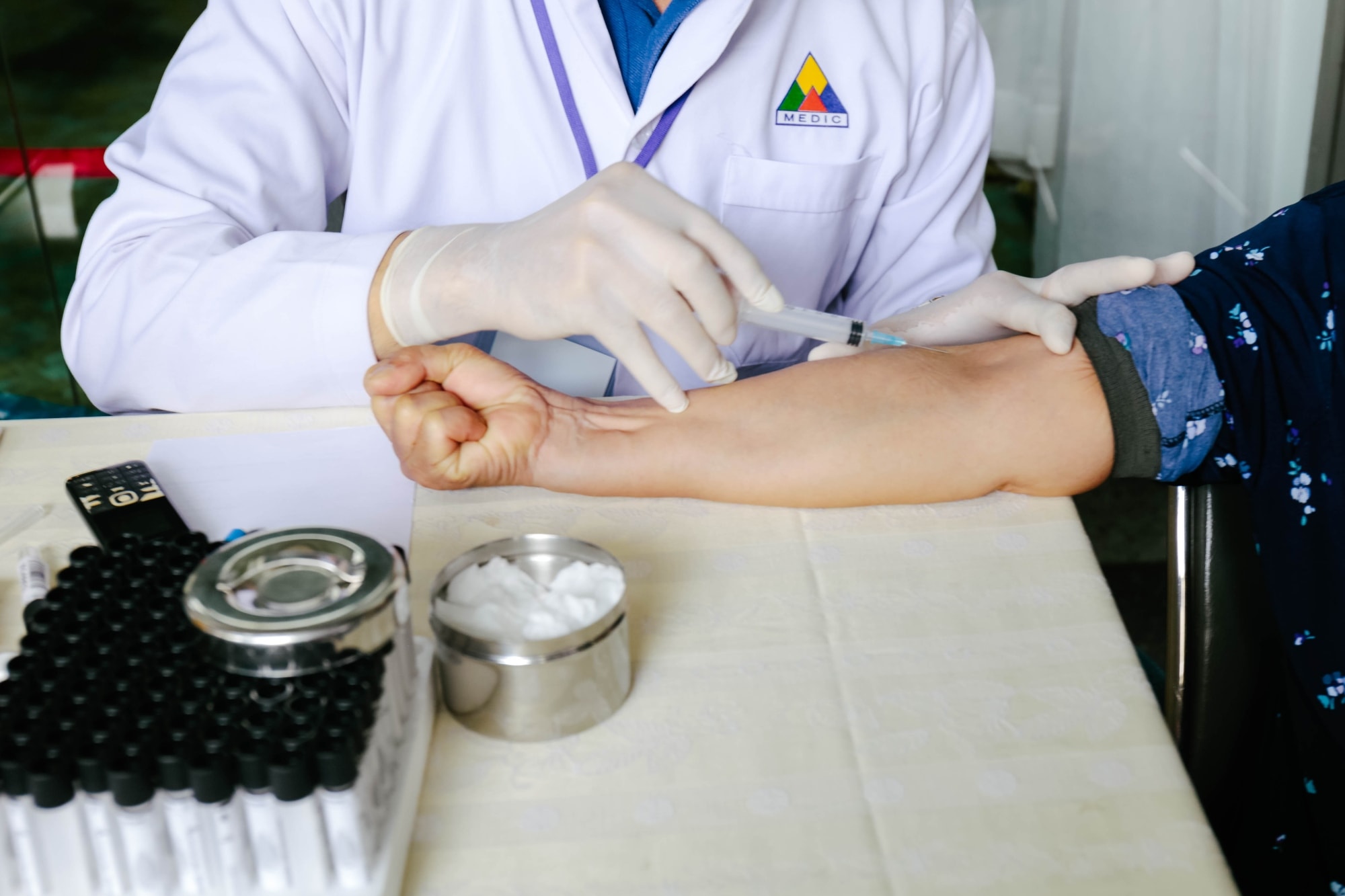Fill Me In
Close to 6,700 openings are available in the healthcare sector, according to the latest weekly jobs report by the Ministry of Manpower on December 10.
The available jobs are suitable for fresh graduates and mid-career job seekers, and represent a combination of SGUnited and skills training opportunities, as well as short- and long-term jobs.
Tell me more
Among the close to 5,500 openings for short- and long-term jobs, three in four are long-term positions. Close to 30 per cent of the long-term positions are in healthcare professional and executive roles, such as nurses, allied health professionals, and finance and human resources executives. The remaining 70 per cent are in healthcare support and administrative support roles, such as healthcare assistants, therapy assistants and patient service associates.
Short-term positions reflect a similar split, with healthcare support and administrative roles making up almost 95 per cent of jobs on offer, while a smaller percentage (~5 per cent) provide openings for professionals and executives.
The need for healthcare workers in Singapore
In the report, MOM says that “Singapore’s healthcare sector is well-regarded internationally for its quality services, infrastructure and sound policies”. Today, our healthcare system is supported by a workforce of more than 100,000, spread out across public and private sectors, and taps on telehealth and teleconsultation services to further enhance existing medical networks.
While the COVID-19 pandemic created temporary manpower needs for a variety of roles, such as swabbers and care ambassadors, in the longer term, an ageing population and rising chronic disease incidence will continue to drive demand for healthcare manpower.
New healthcare facilities will progressively be developed, and as a result, the healthcare sector is committing resources to provide traineeships and attachments to equip Singaporeans with relevant skills, and strengthen the Singaporean core in healthcare.
Close to 8,340 jobseekers placed in healthcare since April
According to MOM, more than 8,000 jobseekers have been placed into jobs in healthcare from April to end-November. The vast majority were originally placed into jobs which were shorter-term in nature, such as swabbers and swab assistants to support COVID-19 related operations, as well as care ambassadors and patient concierge with public healthcare institutions and community care organisations.
While some of these workers are still in their current roles, many have successfully transitioned into longer-term roles in the sector or other job opportunities that they have secured on their own. Says MOM, “Current workers can also consider switching into professional roles (e.g. nursing, allied health) by tapping on Professional Conversion Programmes (PCPs).”
Gross monthly salaries for major healthcare roles
Based on recent data, enrolled and registered nurses can expect to earn between $3,300 and $5,200, while allied health professionals can earn between $4,100 and $5,000. Those in healthcare administrative or corporate functions are estimated to earn around $3,500 to $6,200, while patient service associates approximate the $2,400 to $3,000 mark. For individuals in support care, such as healthcare and therapy assistants, one can expect to earn between $1,800 and $2,300.
In the report, these figures are based on gross monthly salaries between the 25th and 75th percentile, for locals who joined healthcare institutions in 2018 – from fresh graduates to experienced staff who moved across employers.
Supporting Singaporeans’ smooth entry into the healthcare sector
To expand the pipeline of Singaporeans in healthcare, the government has planned a three-pronged approach to help Singaporeans thrive in their careers.
One approach is to work closely with Institutes of Higher Learning (IHLs) to prepare a steady pipeline of students for the profession. For example, new undergraduate allied health programmes such as Dietetics and Nutrition, and Speech and Language Therapy have been introduced in recent years, and scholarships are provided at both undergraduate and postgraduate levels.
Another approach is to create new initiatives that support fresh graduates and mid-career individuals without a healthcare background to enter the sector. These initiatives include career conversion programmes, skills training opportunities, and redesigning healthcare jobs that blend clinical support, administrative and operational responsibilities. WSG’s PCP for Nurses and Allied Health Professionals, for example, enables mid-career locals to gain professional qualifications from IHLs to take on roles in nursing, physiotherapy, and more.
The final approach is to provide existing workers with opportunities for continuous training and development. These opportunities span from training grants for skills attachment or formal post-graduate education opportunities, to training and upskilling with community care providers, and are meant to promote lifelong learning and enable workers to stay relevant in a fast-changing landscape.
Join the conversations on THG’s Facebook and Instagram, and get the latest updates via Telegram.




























